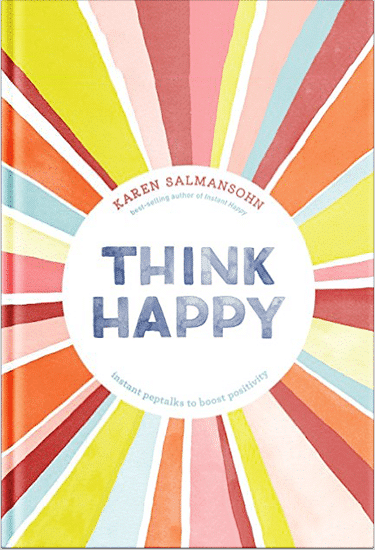 Homelessness is a real problem across America, and statistics reports so is substance abuse. And it’s not surprise that far too often, these two situations go hand in hand.
Homelessness is a real problem across America, and statistics reports so is substance abuse. And it’s not surprise that far too often, these two situations go hand in hand.
Sometimes substance abuse leads to homelessness, and other times, homelessness is the precursor to substance abuse.
Everyone’s path is different, and homelessness and addiction are not always paired. Some surprising statistics document substance abuse among the homeless. Still, these numbers are likely skewed as the number of homeless individuals isn’t so easy to count or calculate.
I’m writing this article because I’m a bestselling author on anxiety with about 2 million books sold globally.
Plus I founded the therapist recommended self-paced online course called The Anxiety Cure.
I love to help people to live calmer, happier lives. So I put together this article with 3 key reasons why access to therapy Is crucial for veterans.
Homelessness and Substance Abuse
According to the Annual Homeless Assessment report by the Department of Housing and Urban Development (HUD), 580,000 people were experiencing homelessness in America.
Sadly, many of these individuals are also experiencing homelessness and co-occurring conditions, mental health disorders, and substance abuse disorders. Data also shows that homeless persons over the age of 65, are more likely to be suffering from unmet substance abuse disorder needs, including drug detox withdrawal symptoms and addiction treatment.
Chronic homelessness is more common with veterans than those in shelters, and 60% of homeless veterans have been diagnosed with a substance use disorder.
Recovery Housing Interventions
Stable housing needs to be available during recovery to decrease the chances of relapse. Recovery housing addresses a recovering addict’s need for housing while also offering recovery and peer support. In 2018, the Support Act was passed and it outlines the requirements for recovery housing. Here are the 10 guiding principles:
- Clear operational definitions that detail the types of services provided.
- Be aware that substance use disorders are chronic conditions that require a multifaceted approach and multiple forms of support.
- Understand that co-occurring mental disorders are common in substance use disorders.
- Assess the potential resident’s needs and whether or not the residence can meet those needs.
- Use evidence-based recovery support.
- Have a resident handbook explaining resident expectations, policies, and procedures.
- Making safety a high priority and upholding the quality of the residences.
- Learn and practice cultural awareness and competence.
- Have relationships and communicate with care specialists, vocational programs, resident family members, and criminal justice professionals regularly.
- Evaluate the effectiveness of the program and resident outcomes regularly.
In Relation to Homelessness
Substance abuse disorders put a strain on relationships with family and friends and can result in job loss. For individuals who struggle with paying their bills, the onset or worsening of an addiction may cause them to lose their housing.
Dependence on substances and alcohol makes their problems worse, while also decreasing their ability to create employment stability which makes it easier to gain access to housing.
In 2003, SAMHSA reported that 38% of homeless individuals struggled with alcohol dependency, while 26% reported drug abuse.
Homeless youth and young adults often struggle with substance abuse while the older homeless population tends to struggle with alcohol use.
Because substance abuse is both a cause and a result of homelessness, it is imperative that both issues are addressed simultaneously. An integrative and holistic approach works best in preventing relapse.
Get Support to Manage Anxiety
Explore my therapist recommended audio and video online course: The Anxiety Cure.
Think happier. Think calmer.
Think about subscribing for free weekly tools here.
No SPAM, ever! Read the Privacy Policy for more information.
One last step!
Please go to your inbox and click the confirmation link we just emailed you so you can start to get your free weekly NotSalmon Happiness Tools! Plus, you’ll immediately receive a chunklette of Karen’s bestselling Bounce Back Book!



 Homelessness is a real problem across America, and statistics reports so is substance abuse. And it’s not surprise that far too often, these two situations go hand in hand.
Homelessness is a real problem across America, and statistics reports so is substance abuse. And it’s not surprise that far too often, these two situations go hand in hand.